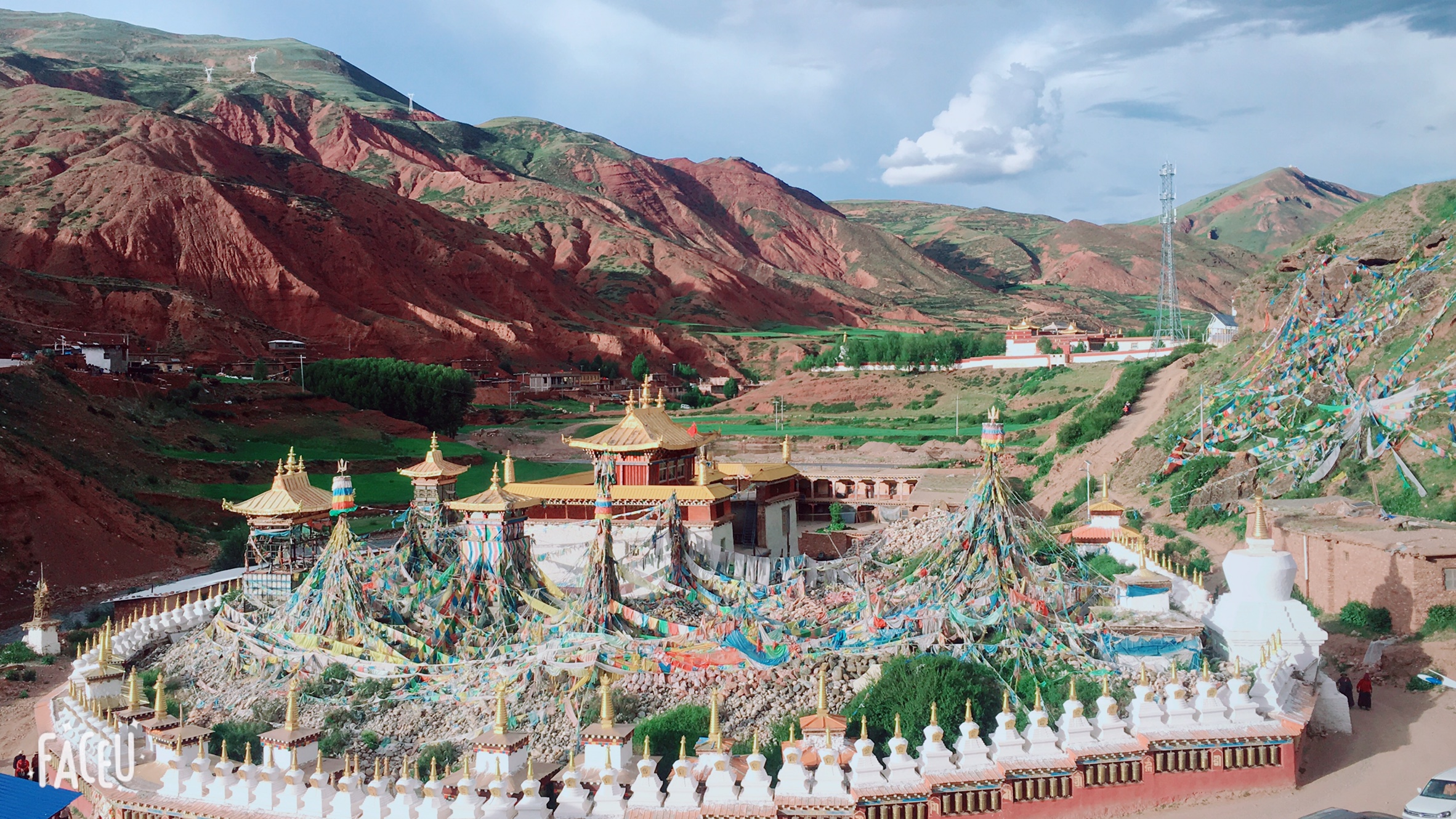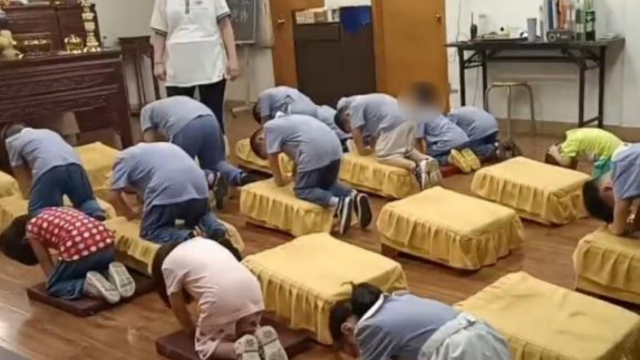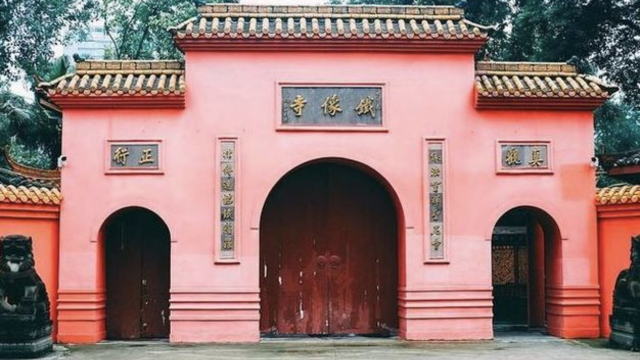Then, if you protest, the Chinese will arrest you. This is what happened to Kelsang, a 42-year-old man from Dêngqên County.
China appears to have retaliated once again against a Tibetan dissident. First, his home was denied electricity and water. Now, he has been detained, as his family reported to human rights organizations earlier this month.

Kelsang, a 42-year-old Tibetan from Serdak Township, Dêngqên County, Chamdo Prefecture, Tibet Autonomous Region, has faced prolonged harassment from Chinese authorities. For over nine years, his family has been denied basic services like electricity and water, impacting their daily lives.
Kelsang has been identified as a dissident because he participated in the 2008 protests and his grandfather’s death during the resistance against the Chinese army in the 1950s. He was never forgiven.
In 2016, Kelsang’s home was excluded from a local infrastructure project providing essential services. Kelsang’s children could not study at night as they had no electricity, so they withdrew from school. The family’s isolation increased in 2024 when they were removed from a poverty alleviation program.
Between 2016 and early 2025, Kelsang made at least five appeals to local authorities. In March 2025, his latest appeal stressed the ongoing hardships: “Even having electricity in a very ordinary home has become like a dream for me… It has been nine years.”
On March 20, 2025, Kelsang shared a video on social media about their struggles, gaining significant attention. Four days later, he was detained by police, facing charges of “disrupting social order,” which is often used for political suppression.
After his release, harassment escalated. By April 10, 2025, he and his family faced constant surveillance, and residents were prohibited from visiting. Kelsang was repeatedly summoned to the police station, where he was beaten and pressured to confess that his posts were fabricated, which he denied. Authorities removed all his social media content and prevented his family from discussing their situation. His children faced discrimination upon returning to school.
On April 18, 2025, Kelsang was detained again and denied family visits on April 22 and 24. Officials threatened his family, coercing them to sign false confessions.
The family expressed concerns about Kelsang’s deteriorating health, citing high blood pressure and the secrecy around his well-being. They emphasized he merely sought equal treatment and did nothing unlawful.
This situation exemplifies the broader trend of criminalizing dissent in Tibet, with Chinese authorities employing intimidation and harassment. The forced confessions, service denial, and other punitive measures reflect the experiences of many Tibetans advocating for cultural and religious rights.
Source: Bitter Winter












